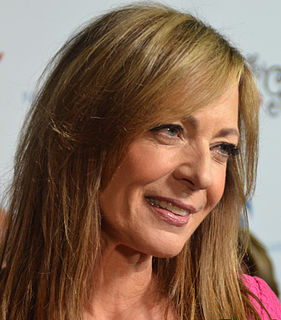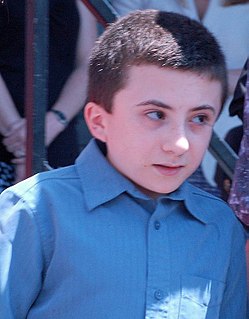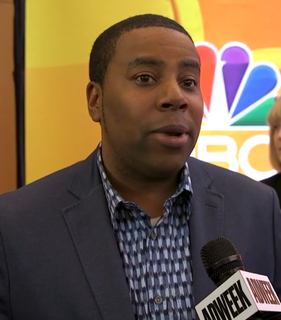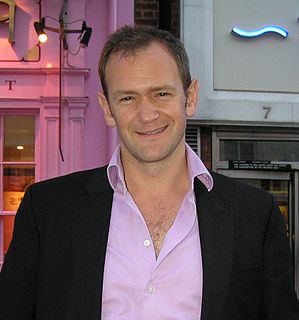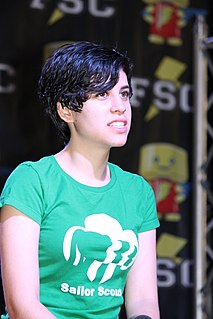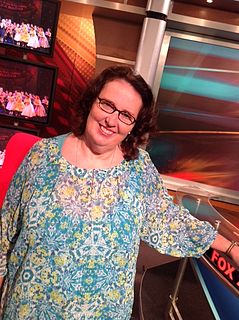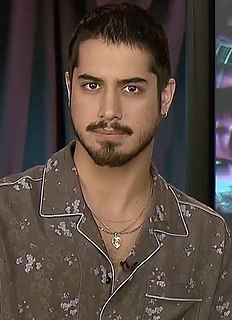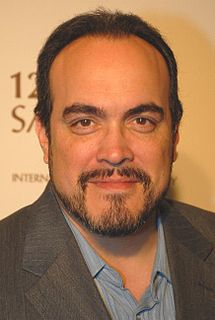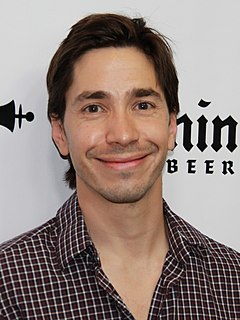Цитата Тай Шеридана
Как актер, я всегда задавался вопросом, каково было бы наблюдать за анимационным персонажем с вашим голосом за ним и видеть, кажется ли он цельным или кажется, что ваш голос изолирован от анимации.
Связанные цитаты
В анимации никто не видит твоего лица, так что ты можешь действительно испортить свой голос, как я сделал «ParaNorman»; Я был хулиганом в этом, что было так весело делать. В «Как приручить дракона» я играю маленького викинга. Так что играть такие роли, которые обычно не доводилось бы играть в живом боевике, довольно увлекательно.
Я хорошо научился озвучивать персонажа с самого начала, в отличие от того, чтобы читать его, сидеть с ним, размышлять над ним и тому подобное. это как можно скорее и все в таком духе. Как только вы начнете смеяться своим голосом, вы можете начать думать о том, знаете ли вы физические характеристики и то, как они могут ходить, торчат ли они свои торчащие зубы, носят ли они афро и тому подобное. Я думаю, что поиск голоса персонажа помогает создать гардероб и все остальное.
Пишите так, как пишете, как не можете не писать, и ваш голос станет вашим и только вашим. Это займет время, но это произойдет, пока вы позволите. Владейте своим голосом, потому что ваш голос — ваш собственный. Как только вы узнаете, где живет ваш голос, вам больше не придется так сильно беспокоиться о том, что он производный.
Вы должны понимать, что когда вы озвучиваете анимационный фильм, вы на самом деле всего лишь крошечная часть этого огромного процесса. И когда вы, наконец, видите готовый продукт и видите всю замечательную работу, проделанную аниматорами, дизайнерами и сценаристами, чтобы выделить вашего персонажа, это так трогательно, так унизительно.
Мне это нравится, и это благословение иметь возможность снять от семидесяти пяти до восьмидесяти эпизодов, чтобы развить характер и найти свой голос. У вас похожий голос, и все же вы принимаете разные решения, поэтому вы действуете по-разному и делаете другой выбор, поскольку это то, что сделал бы ваш персонаж.
Мне нравилась идея изображать, имитировать и играть со спектром собственного голоса. Это то, что мне больше всего нравится в озвучивании. Вы можете быть полностью без сознания с остальным телом и просто сконцентрироваться на том, чтобы делать что-то своим голосом, создавая цельного персонажа своим голосом.
Мы пишем, чтобы разоблачить нераскрытое. Большинство людей стремится держать эту дверь закрытой. Но работа писателя состоит в том, чтобы увидеть, что за этим стоит, увидеть унылое невыразимое и превратить невыразимое в слова — не просто в слова, а, если можно, в ритм-энд-блюз. Вы не можете сделать это, не обнаружив свой собственный истинный голос, и вы не можете найти свой истинный голос и заглянуть за дверь и сообщить нам честно и ясно, если ваши родители читают через ваше плечо.

